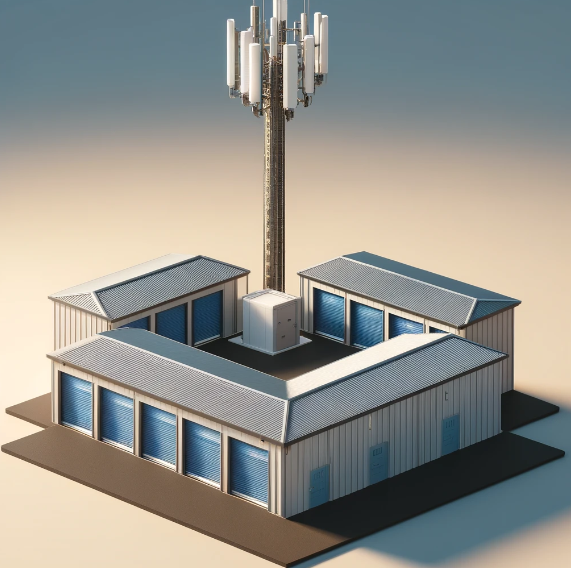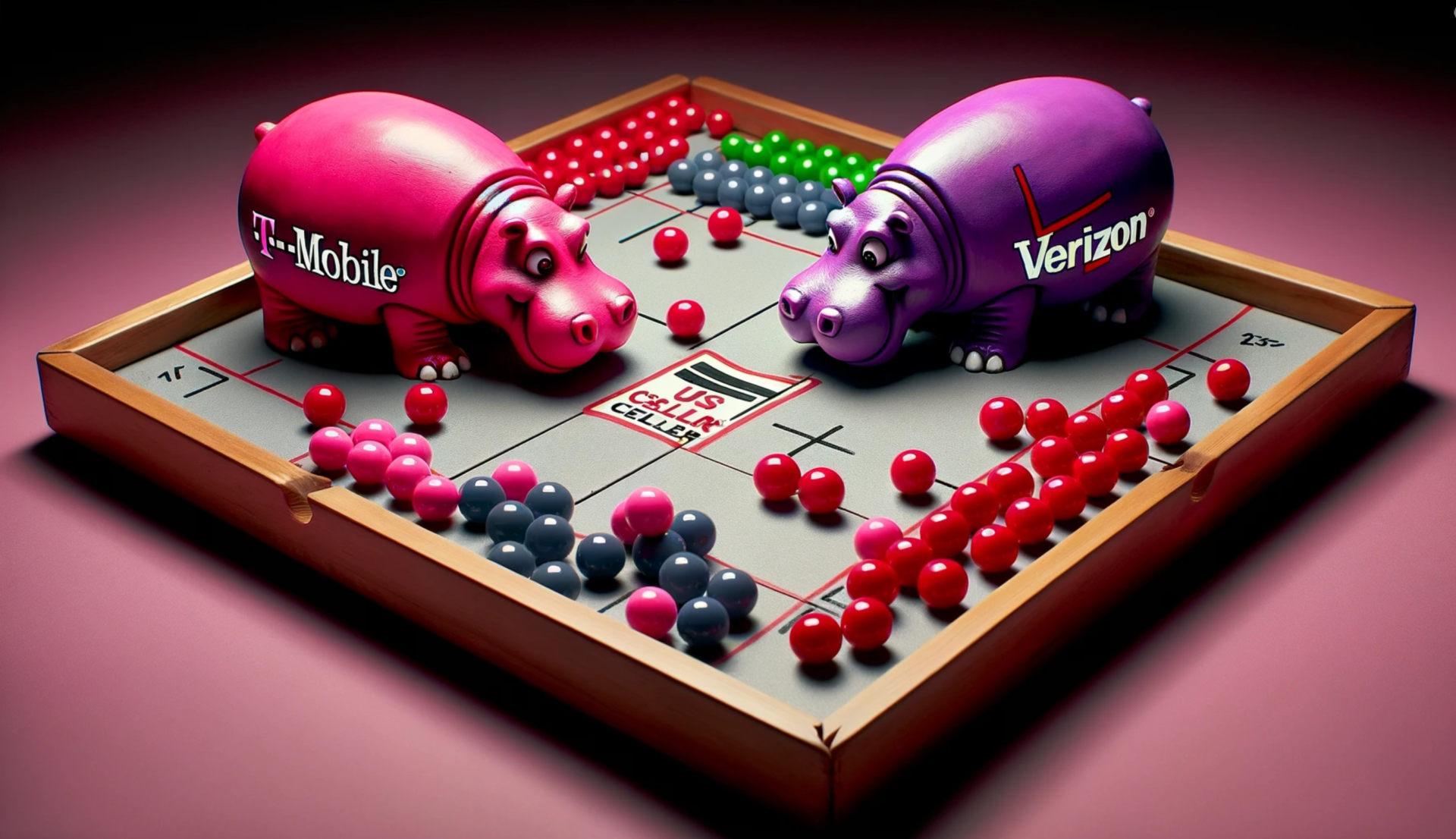Tristar Investors Lawsuit Against American Tower Corporation
On Feb 16, 2012, Tristar Investors sued American Tower Corporation alleging that American Tower had violated the Lanham Act, unfairly competed, disparaged Tristar’s business, tortuously interfered with an existing contract and with prospective business relations, and lastly had breached a contract. The suit was filed in Federal Court in Dallas. The suit was quickly posted on the internet. Tristar alleges in a lengthy complaint full of hyperbole that American Tower has prevented Tristar from purchasing assets that American Tower owns or subleases by using misrepresentation and unfair practices. Tristar clearly is using this complaint to market their lease buyout products in addition to shooting a warning shot at American Tower. To us, the suit reeks of desperateness. We believe and have counseled our clients that Tristar’s exit strategy is not to actually own the structures after expiration of the ground leases and share revenue with landowners as they allege in the lawsuit. Instead it is to force American Tower to acquiesce and to purchase the tower leases that Tristar has acquired under American Tower sites at a substantial premium.
So why the lawsuit and why now?
First, why? The lawsuit appears to us to be a rather public attempt to get American Tower to come to the bargaining table. The length and detail of the complaint suggests that Tristar wanted to publicly air those weaknesses American Tower has in its portfolio. American Tower does not own all of their towers, they sublease some. If American Tower fails to convince the landowner to extend an underlying ground lease, the tower may revert back to the wireless carriers from whom they were subleasing the tower from. Perhaps Tristar wants to be a line item on risk in the next American Tower earnings report. Perhaps they want to have shareholders and market analysts question American Tower’s revenue projections. Perhaps they want other tower companies and opportunists to see the unshielded underbelly of American Tower’s portfolio- or even landowners who Tristar wasn’t successful at convincing to sell their leases.
Second, why now? Tristar changed the way that they purchased ground leases from landowners a year or two ago. They switched from paying a lump sum purchase price to purchase the leases to offering the landowner an supplement to their monthly lease rate. In doing so, Tristar was able to save a significant amount of capital. But while they saved capital, they incurred substantial operating expenditures. As Tristar doesn’t receive any revenue from most of the leases they purchase until the expiration of the lease, the longer they pay these supplemental payments, the lower their return on investment if they are successful at getting American Tower to acquiesce. And if American Tower doesn’t buy the leases, then Tristar has to wait in some cases for 20 years before they seen any revenue from these towers, assuming they are successful at taking over ownership. Thus, it appears that Tristar is gambling that they can force American Tower through this lawsuit to settle and purchase their sites.
Not sure that I believe this is a good gambit by Tristar. Surely, American Tower will respond with a counter-suit against Tristar. This will get much uglier before it gets settled. American Tower will respond in force and with substantial resources. I don’t see how Tristar expects to continue to conduct business as usual while being involved in a litigation that will undoubtedly involved thousands of man-hour necessary to provide documentation and interrogatories that will inevitably come their way from American Tower’s attorneys.











